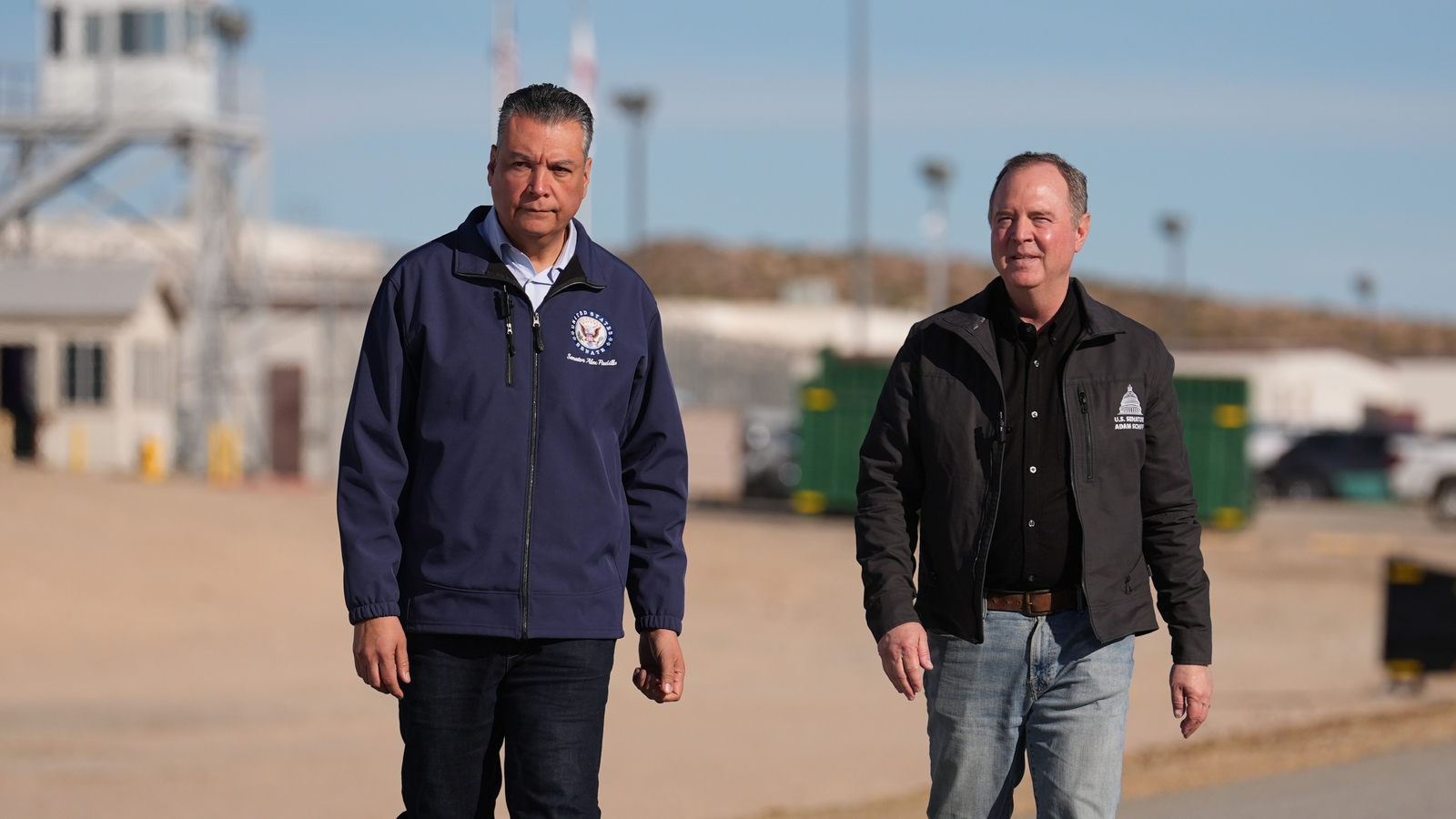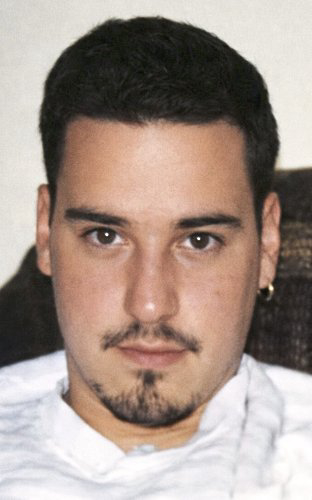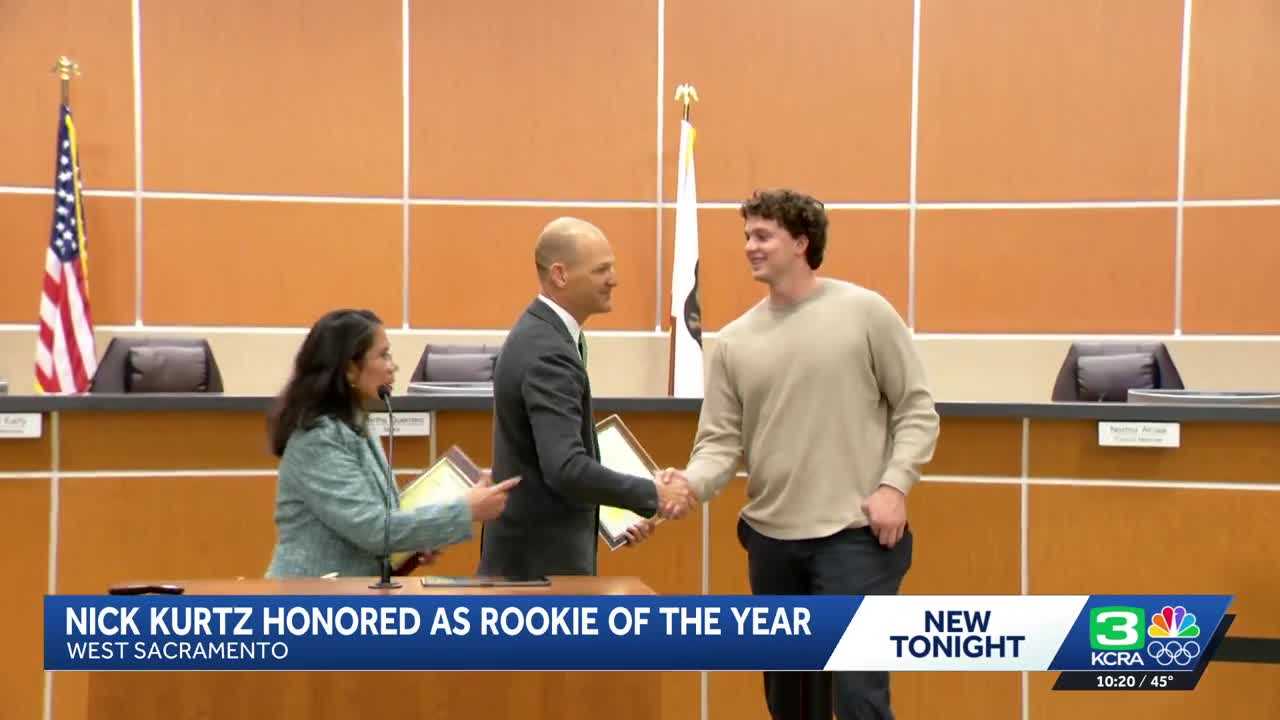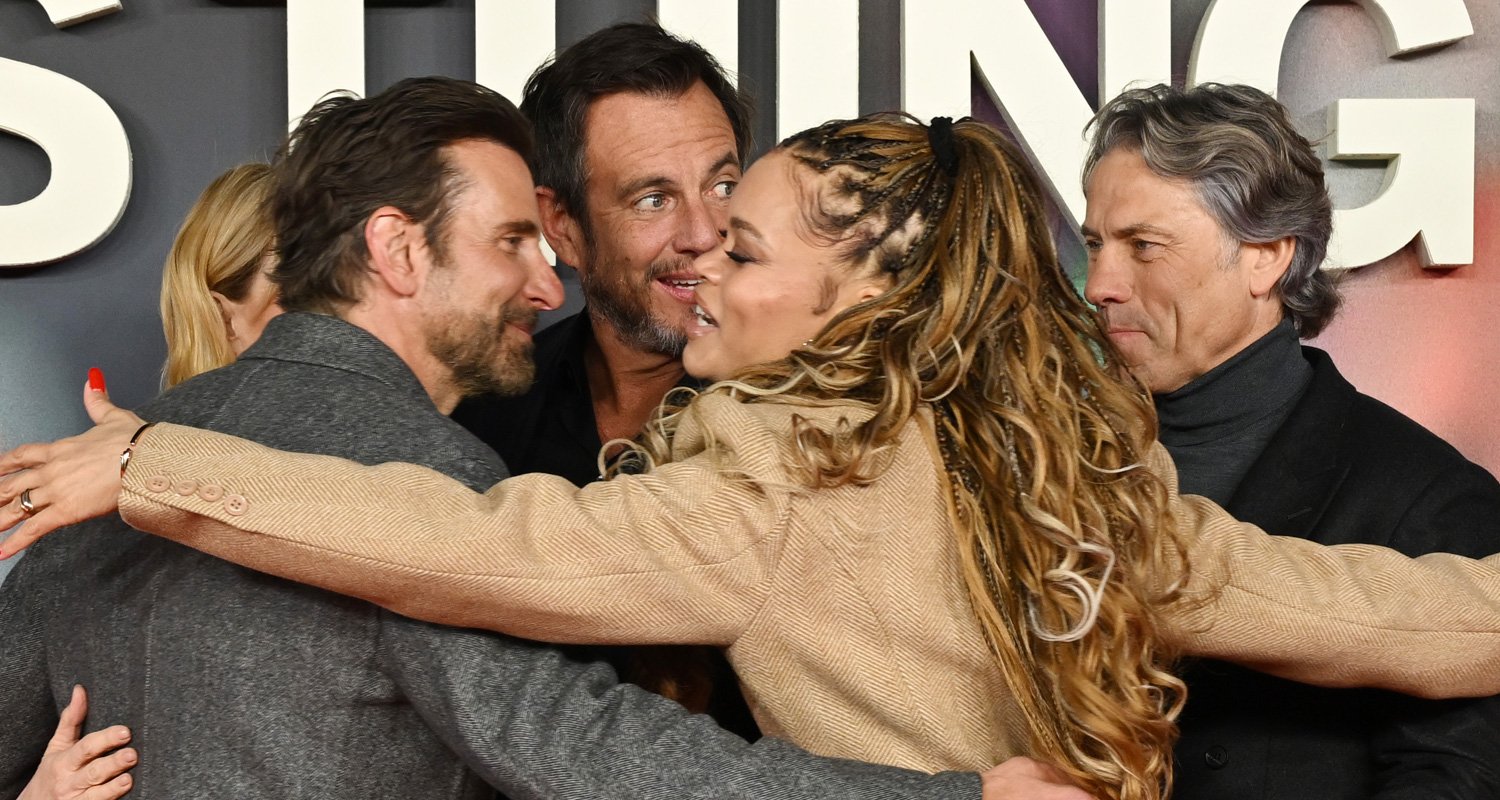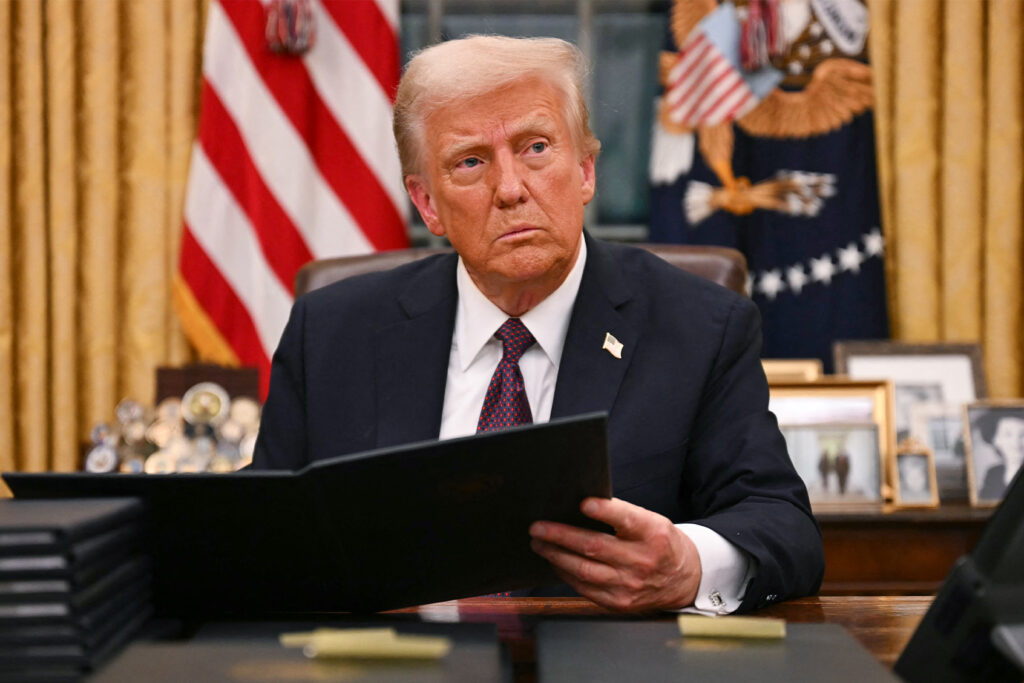
Former President Donald Trump has called for the release of grand jury transcripts related to the investigation of deceased financier Jeffrey Epstein. This request follows a report from the Wall Street Journal regarding a birthday note Trump allegedly sent to Epstein in 2003. On Thursday evening, Trump announced via Truth Social that he instructed Attorney General Pam Bondi to seek court approval for the release of “any and all pertinent Grand Jury testimony” from the Epstein case. Bondi promptly stated she would file a motion to unseal the transcripts.
Trump’s initiative has quickly drawn criticism from legal experts who assert that the request lacks substance and appears politically motivated. Joyce Vance, a former U.S. Attorney for the Northern District of Alabama, highlighted the legal hurdles involved, noting, “They need a judge’s permission & a judge could easily say no.” This situation could allow Trump to claim he attempted to act, only to be thwarted by the judicial system.
Legal commentators have pointed out that grand jury transcripts represent a minor part of the overall investigative material concerning Epstein. Elie Honig, a former assistant U.S. attorney, emphasized the volume of evidence available, stating that the Epstein files are estimated to comprise about 300 gigabytes of data. He explained that grand jury testimony constitutes merely a small fraction of that total, remarking, “Most witnesses don’t even go into the grand jury.”
Further analysis from Kristy Greenberg, a former deputy chief of the criminal division for the Southern District of New York, indicated that the transcripts are unlikely to involve Trump himself. “Trump knows SDNY prosecutors seeking to indict Epstein and Maxwell didn’t ask questions about him in their grand jury presentations while he was POTUS,” she commented, suggesting that the focus should be on more substantive evidence such as witness interviews and physical documentation.
The motivations behind Trump’s request have attracted scrutiny from both legal experts and political figures. Conservative attorney Heath Mayo characterized the move as a defensive tactic, arguing that Trump is attempting to divert attention from more critical evidence. “This is a desperate defensive move,” he stated.
Democratic lawmakers have echoed these concerns, questioning the sincerity and effectiveness of Trump’s request. Representative Dan Goldman from New York remarked on X, “What about videos, photographs and other recordings? That’s where the evidence about Trump and others will be.” He noted that grand jury testimony would primarily pertain to Epstein and his associate Ghislaine Maxwell.
The discussion surrounding Trump’s call for the release of Epstein’s grand jury transcripts highlights ongoing tensions regarding transparency and accountability in high-profile investigations. As the legal landscape evolves, the motivations behind such requests may continue to unfold in the public eye.
